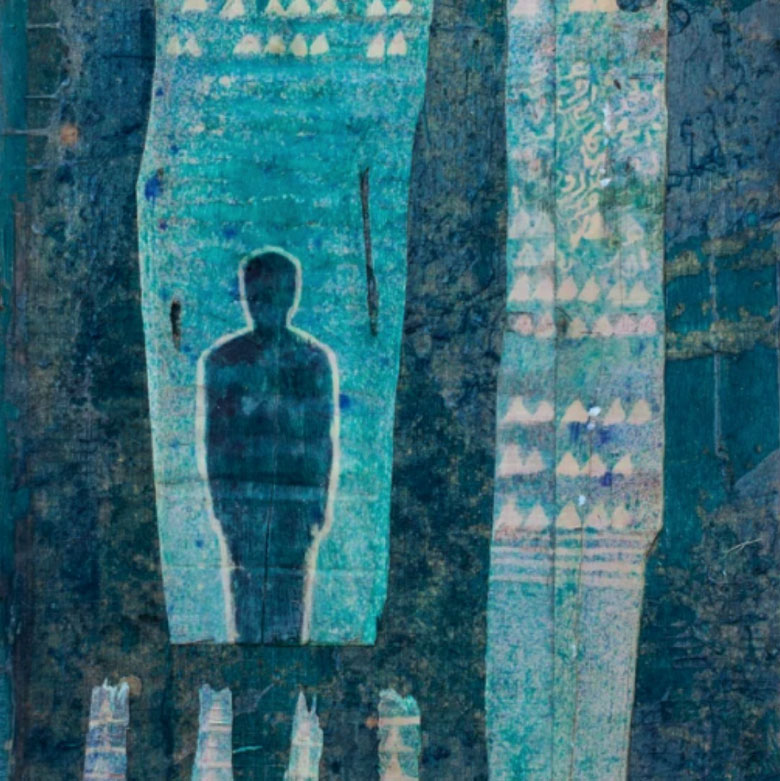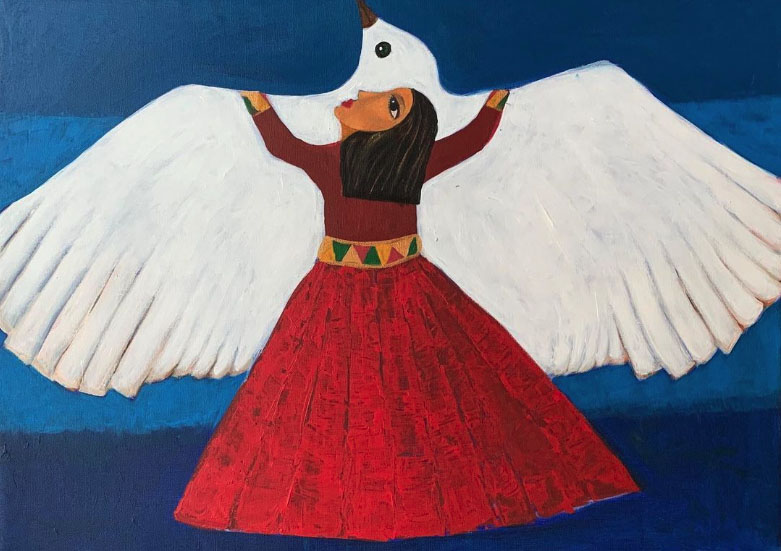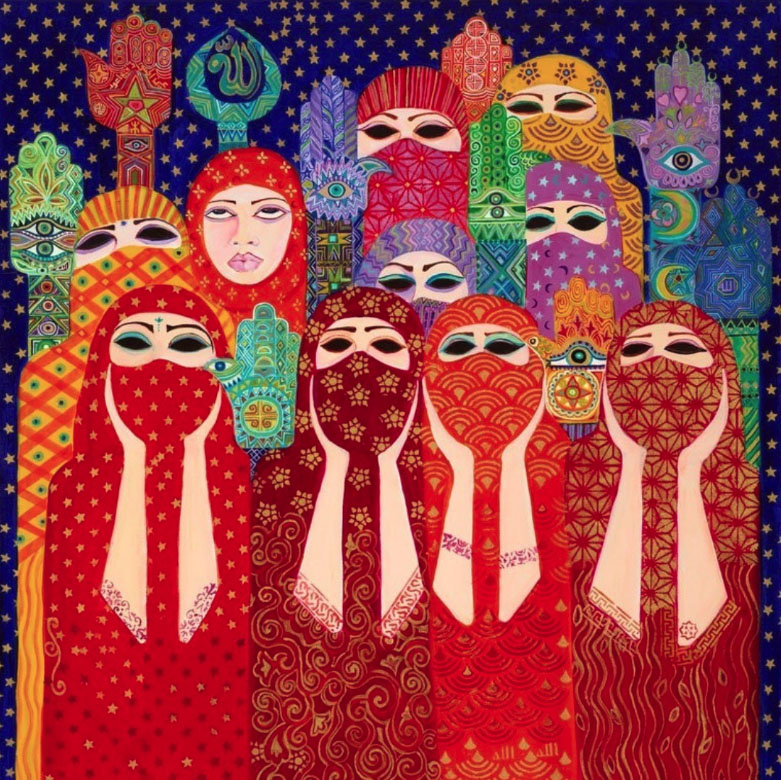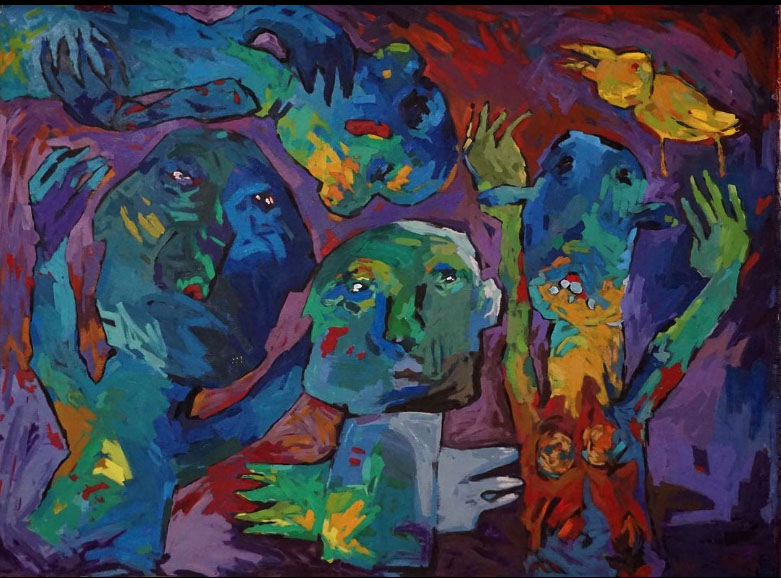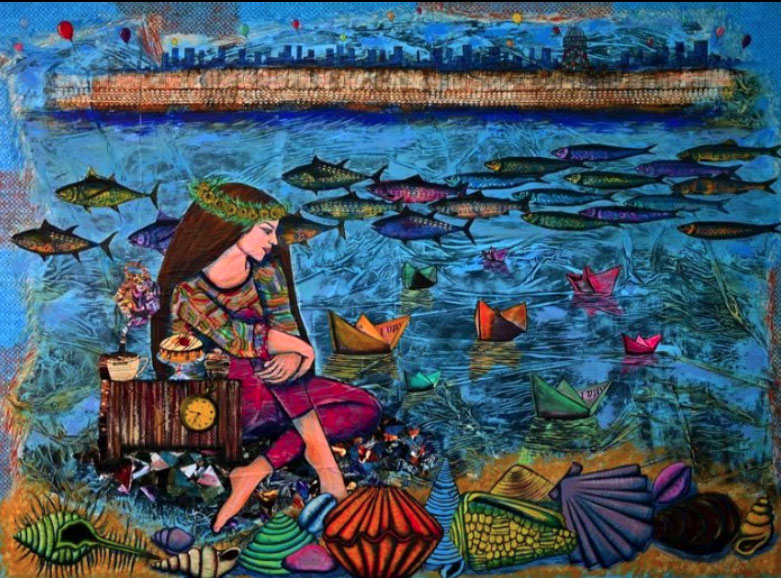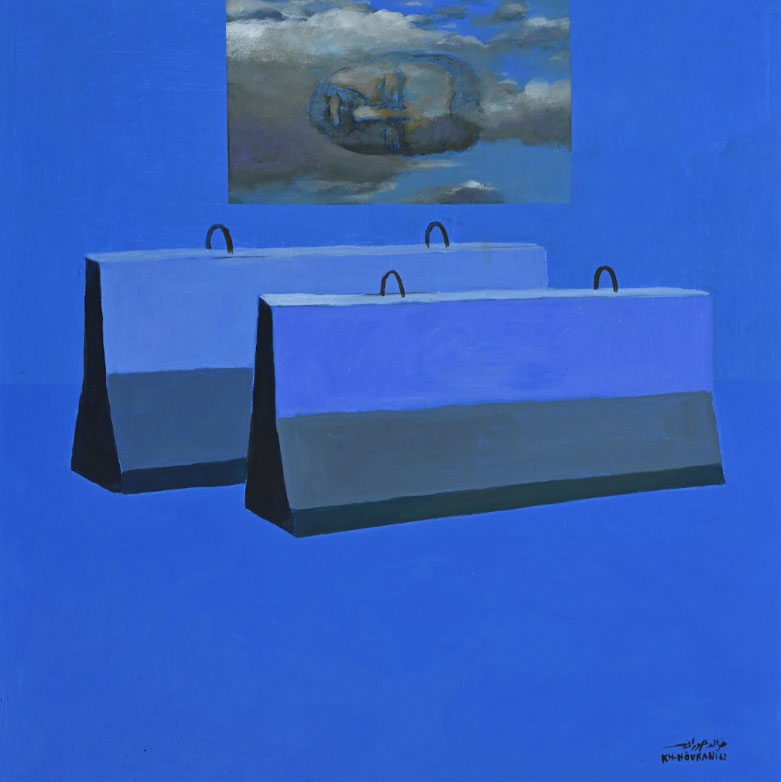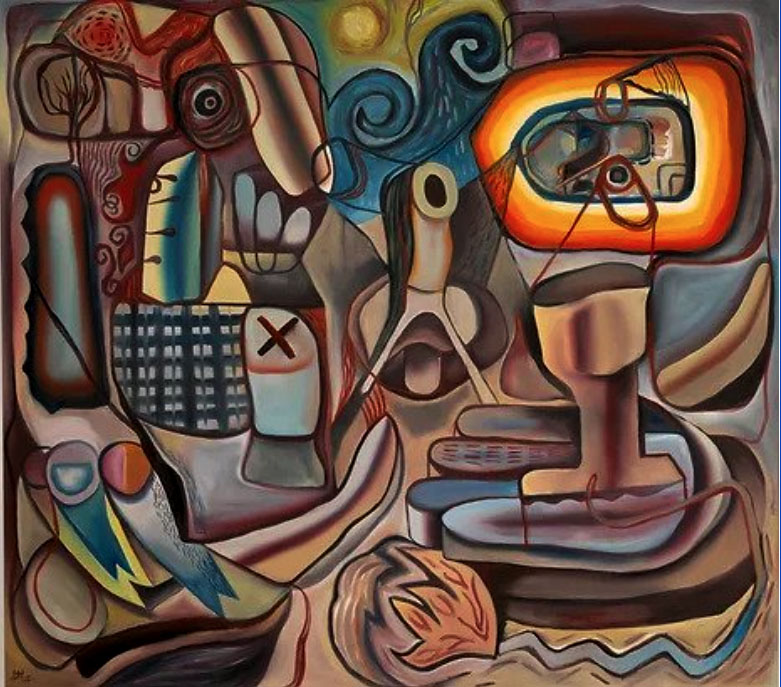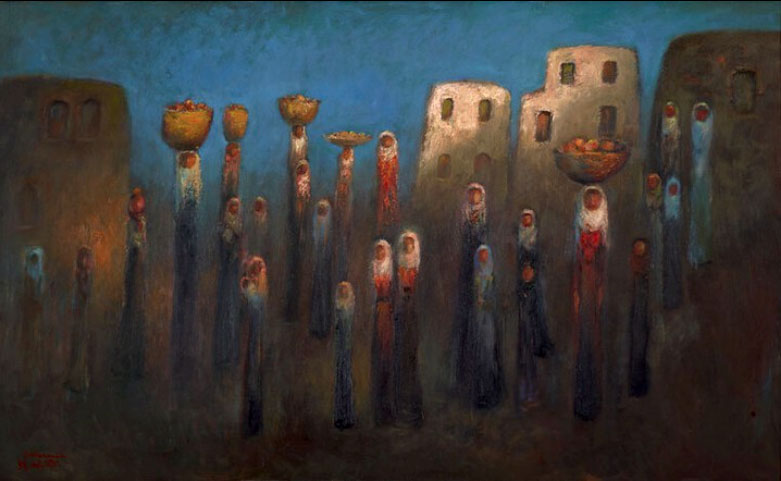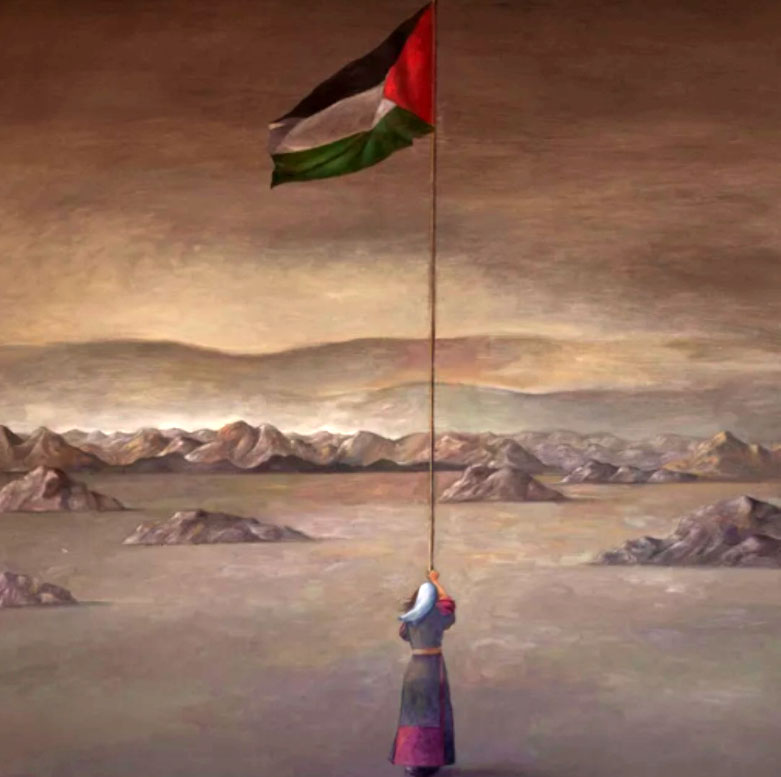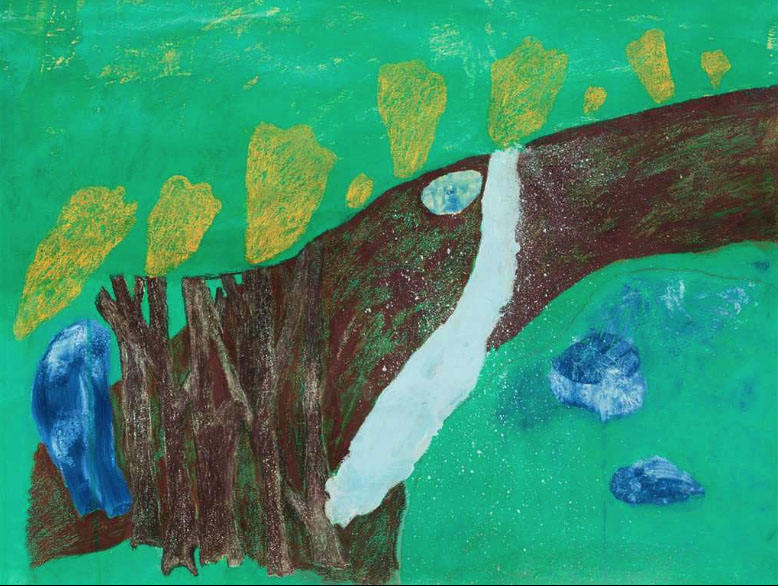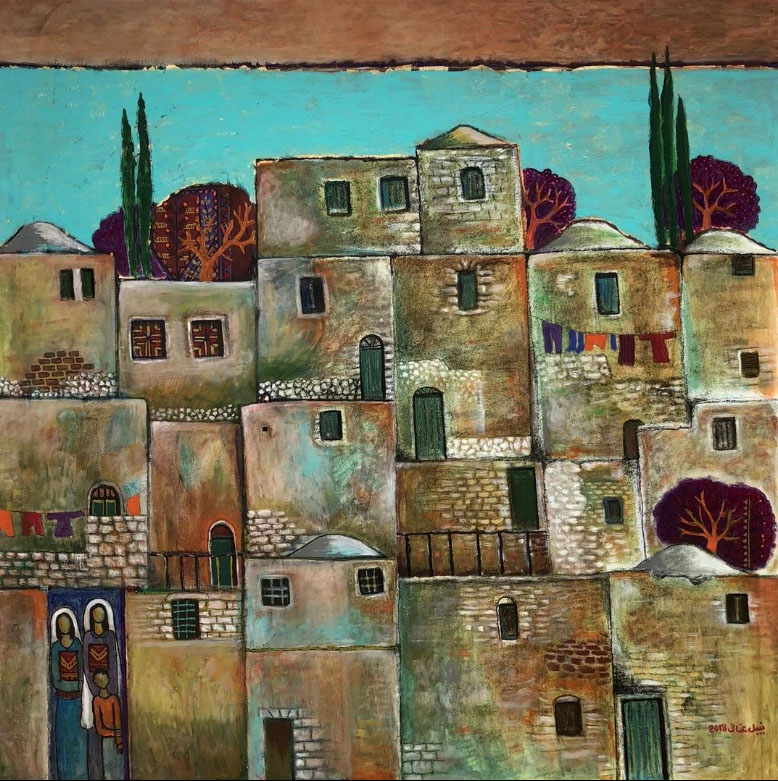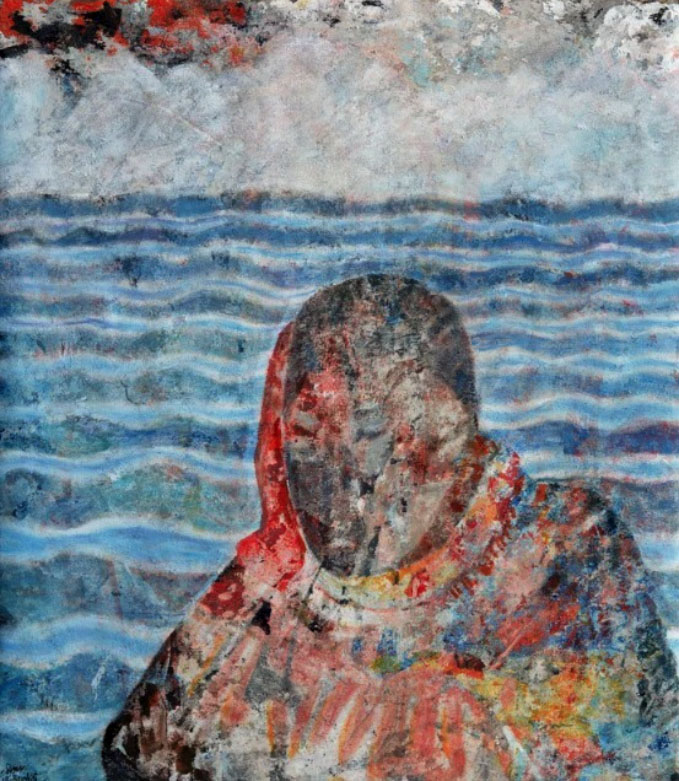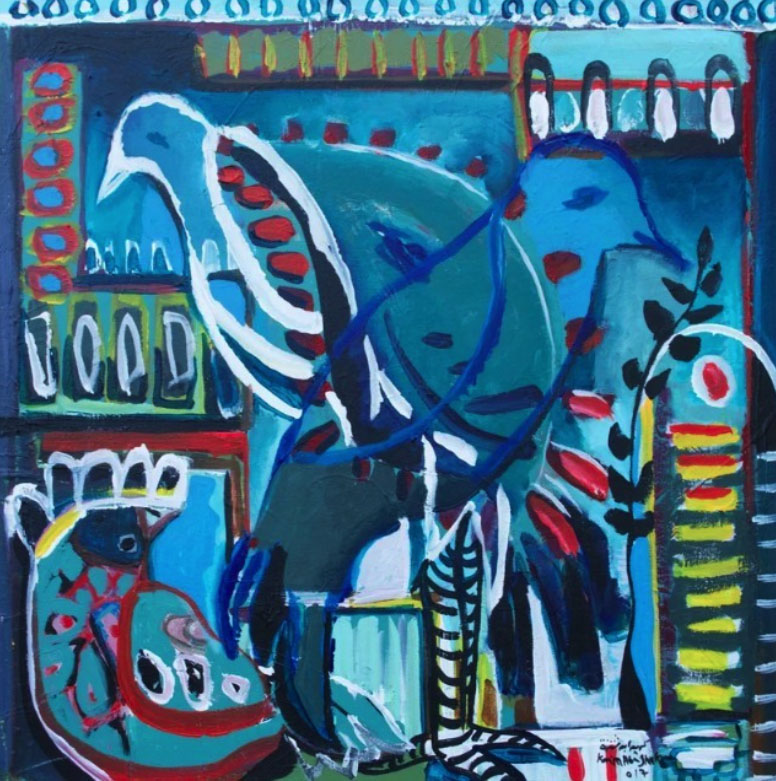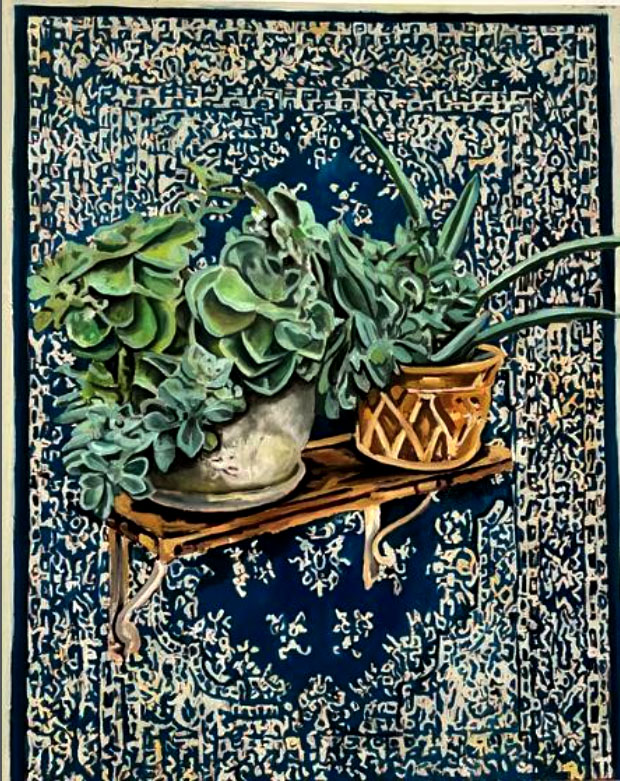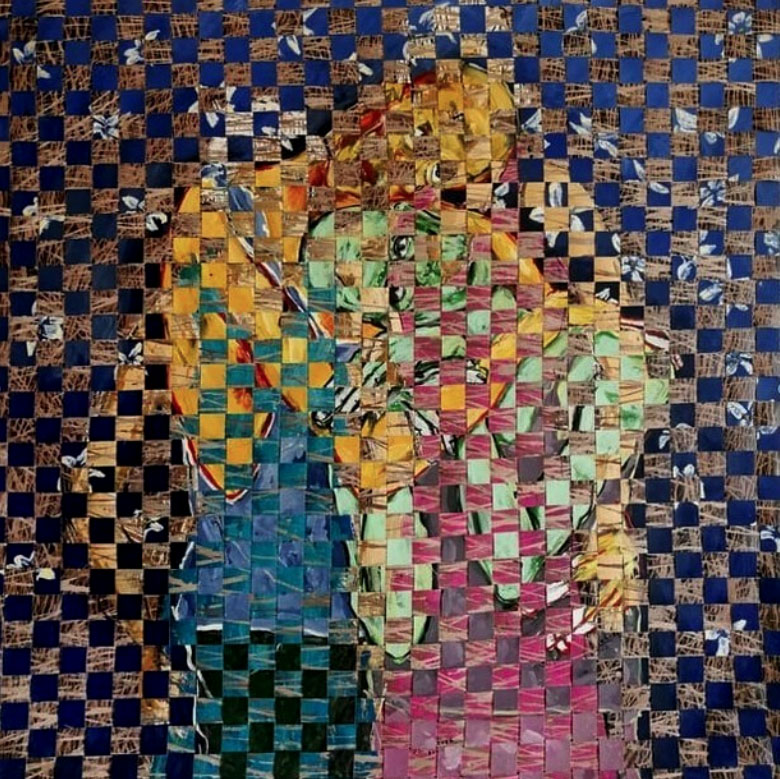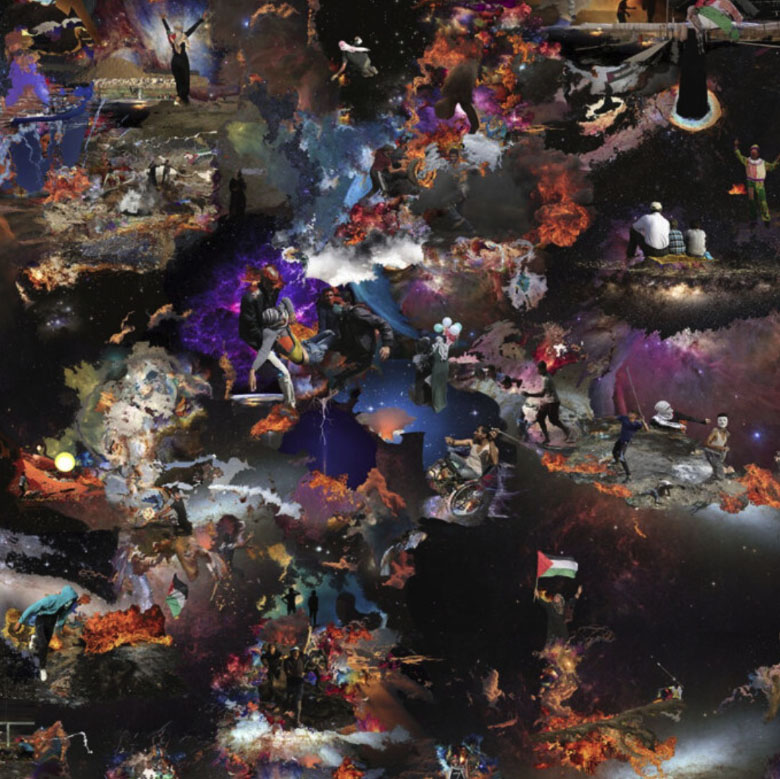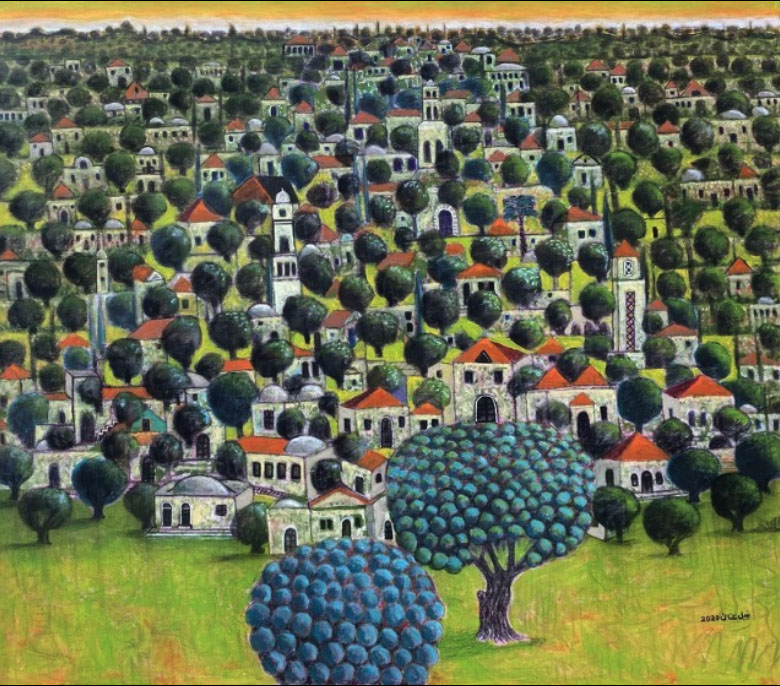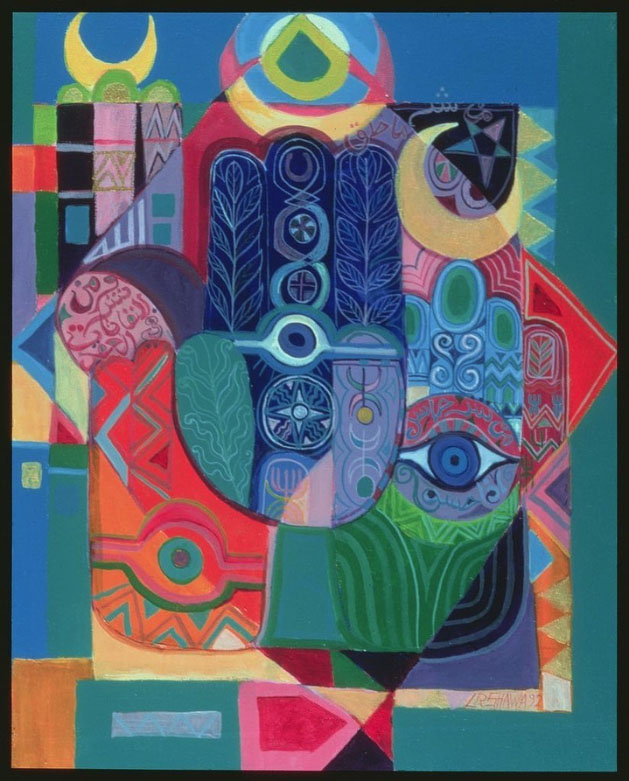Looking back on 2023, we asked each other, out of this year’s 250 stories and 10 monthly issues, which were your favorites? which do you continue thinking about? Here are the editors’ selections.
Rana Asfour, Managing Editor
My favorite essay from 2023 is “Death is a Traitor: Living the Morocco Earthquake from the US” by Brahim El Guabli in which El Guabli, a Moroccan Amazigh scholar from southern Morocco teaching in the States, urgently tries to reach family in Ouarzazate after a frantic message from his distraught sister following the 6.8 earthquake that hit the Atlas Mountains region. The earthquake had caused widespread damage in the provinces and municipalities of al-Haouz, Marrakesh, Ouarzazate, Azilal, Chichaoua and Taroudant. “It’s an untimely death that wipes out so many lives instantly and leaves no time for goodbyes or even for an understanding of what happened for both the dead and their survivors. An earthquake that strikes at night while people have returned to the safety of their homes is even more treacherous. It is a form of treason that brings death where it is not expected; in the sanctity of one’s bedroom.”
My favorite issue for 2023: I really enjoyed TMR 36 • ARCHITECTURE. It was very timely. The region had suffered much destruction because of high scale natural disasters related to climate change. And so many cities were discussing the idea of reconstruction and rebuilding while negotiating how much of the past architecture was to be preserved and juxtaposing that with new architectural designs and methods currently adopted around the world, without compromising the region’s identity. Added to that was the anticipation of the upcoming COP28 in November in Dubai and the second International Sharjah Architectural Biennale in October. Therefore subjects like distortions of a city as written by intellectual Hisham Bustani with photographs by Linda Al Khoury shed light on the fissures (to the city and its people) that materialize when a city —like Amman—”happens” without proper planning and design. The ARCHITECTURE issue investigated the breadth of the concept of architecture not only literally but also allegorically through the fiction pieces submitted by writers for the issue that revolved around ‘architecting’ a region’s identity and narrative through its literature, art and fashion.
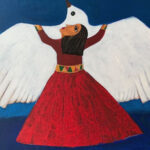
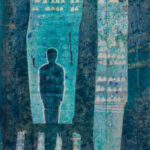
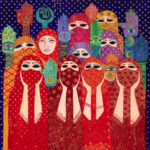
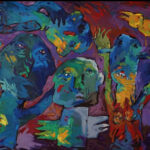
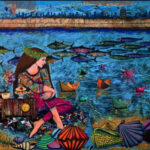
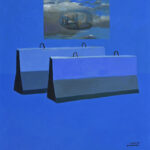
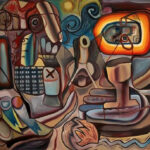
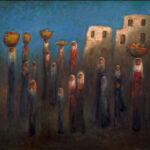
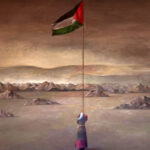
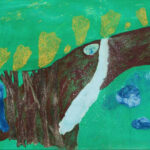
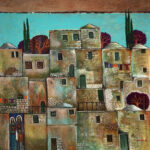
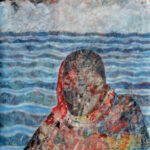
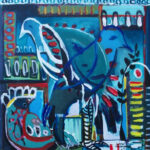
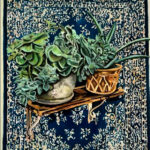
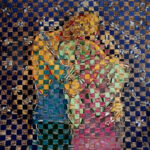
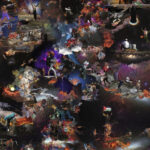
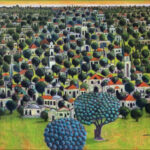
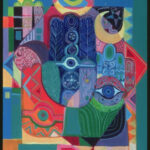
Mohammad Rabie, Arabic Editor
My favorite issue is PUBLIC INTELLECTUAL and my favorite essay “The Vanishing of the Public Intellectual” by Moustafa Bayoumi, for he wrote what I was thinking and feeling but could not write. He completely clarified my idea and added a brief historical description of the public intellectual.
Lina Mounzer, Senior Editor
Though it was published before I joined the team, my favorite issue is TMR 32, Earth, because of the breadth and richness of the topic. We could do several issues on this theme per year and would still have a wealth of leftover material and ideas to explore. It’s not just the urgency of the topic (climate change, ecocide, extinction, erosion)—it’s rather the way that focusing on earth as our home (rather than say, city, or nation, or continent) can completely recenter our understanding of the world and our place in it. It can pave the way toward a universalist, humanitarian code of conduct that isn’t toothless and depoliticized—nor exclusively human-centered—but one that fosters a sense of responsibility inside each of us toward one another, toward the fauna and flora of our world and toward earth, our only home.
I have two favorite individual pieces. The first is Salar Abdoh’s quiet short story “The Long Walk of the Martyr,” because it does something quite delicate and remarkable: giving you a glimpse of the way that war and its accompanying ideologies can both connect people and also make them unable to connect back to the world they came from, and it does so without either venerating or making piteous anyone in the story. The second is Kaya Genç’s essay, “On the Herculean Task of Translating Joyce’s Ulysses into Kurdish,” because it’s such a joyous, celebratory piece, and really drives home how malleable and resilient language is, and why it is the fundamental keeper of culture.
Jordan Elgrably, Editor in Chief
My favorite issue this year is our double summer literary issue, TMR 33 Stories From the Markaz, for the quality and imagination of the fiction, much of it new work in translation from Arabic and Persian. And the literary essay that most stands out for me, among the many that make this a difficult choice, is Salar Abdoh’s “The Contemporary Literary Scene in Iran” because it provides relatable insight into a country where I have yet to set foot.
Malu Halasa, Literary Editor
I like to live in the present, and right now my favorite Markaz Review issue of 2023 is the current double issue for Dec/Jan, ENDINGS & BEGINNINGS. For endings there is the short story “Kabul’s Haikus” by Maryam Mahjoba in Afghanistan, about the death of a young teacher of mixed heritage, Japanese and Afghan. The accompanying article “The Paranda Network” by Lille Razvi about an Afghan women’s writing group suggests the beginning of a new way of life of creativity, despite the Taliban’s intent to erase women and their influence in their home country. Also MK Harb’s short story, “The Summer They Heard Music,” harkens back to another war, when Israel was indiscriminately bombing Lebanon, and how the bittersweetness of that summer of 2006 lasted long into not only the characters’ adulthood but remains in the memory of many of us who have previously witnessed the terrible kind of war and retribution that is now taking place in Gaza.
May Haddad’s story “Junk” addresses a dystopian future, so it is an ending and beginning all wrapped up in one. However, Nada Sabet’s article on new trends in Arabic children’s literature suggests a page is turning for young readers there and they will have a new relationship with Arabic, one that relies on the Arabic their parents speak, not on an archaic form of the language that can be read in the Qur’an. As we leave ’23 and start ‘24, culture, art and original voices from the Middle Eastern and beyond grow from strength to strength.
For good, hard and unique ideas, come to The Markaz Review.
Happy New Year from Jordan, Malu, Rana, Mohammad, Sholeh and Lina, editors at The Markaz Review.



